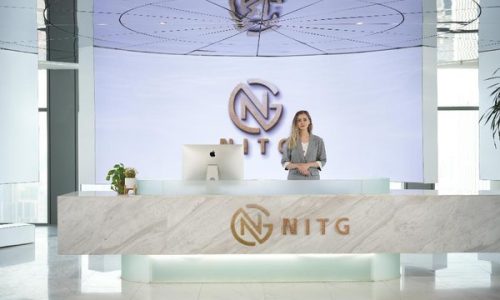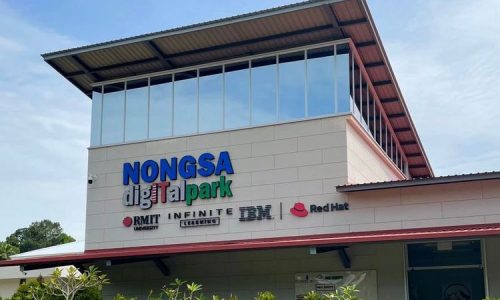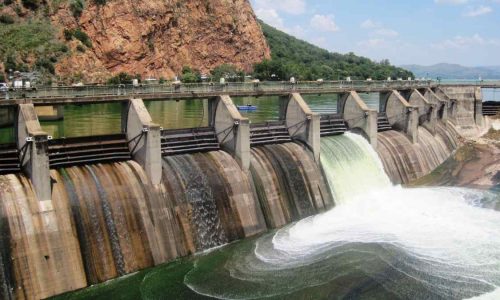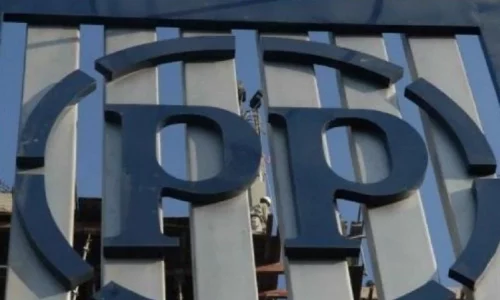PT Bakrie and Brothers Tbk (BNBR) – through its subsidiary PT Vektr Teknologi Mobilitas (VKTR) – is developing an upstream to downstream ecosystem for electric vehicles (EV) in Indonesia and will need US$5 billion investment.
Established in 1942, Bakrie is a manufacturing and infrastructure conglomerate. Meanwhile, VKTR is a spin-off of Bakrie Autoparts, a subsidiary of Bakrie and Brothers, which has more than 40 years of experience in the automotive component industry. Currently, VKTR focuses its business on battery and transportation electrification.
“VKTR does not only plan to manufacture electric buses but also all types of EV and all infrastructure required by the electric vehicle ecosystem,” VKTR CEO Gilarsi W. Setijono told Indonesia Business Post on March 17, 2022.
Building a whole ecosystem
The ecosystem includes an electric battery industry, electric vehicles, charging stations as well as a digital ecosystem for bus fleets, vehicle owners, drivers, bus operators, taxis, charging stations, workshops and a payment gateway that will link all modes of payment to related transactions.
A total investment of US$5 billion is expected for the entire electric vehicle ecosystem over several phases until 2029. Most of the manufacturing facilities for the components for EV will be located in Indonesia, with each business cluster having its development phase based on needs and readiness.
Bakrie CEO Anindya Bakrie said the company supported the government’s ambitions to become part of the global EV supply chains through VKTR, citing Indonesia’s abundant nickel resources and other resources that can be used as components for battery.
According to the 2020 government data, Indonesia is estimated to have 985 million metric tons of nickel reserves and 16 million nickel-metal reserves. The majority of nickel reserves are found in Indonesia’s eastern part, including in Morowali, Central Sulawesi; East Halmahera and Ternate in North Maluku; Kolaka in Southeast Sulawesi; Gag in West Papua; East Luwu and Sorowako in South Sulawesi.
“Taking into consideration the abundant resources of nickel, VKTR initiated the electric bus project, working with other countries such as China and Gigafactory from the UK to ensure that we collaborated and did not reinvent the wheel, because we all live on the same planet,” Bakrie said.
Challenge in regulation
According to Bakrie, his company has been developing electric buses for years with several partners. These partners include the Toba Bara group under its subsidiary company TBS Energy Utama, state-owned oil-and-gas giant PT Pertamina, Jakarta-owned bus service Transjakarta and many other companies, including diversified energy company PT Indika Energy Tbk.
As electric buses become common nowadays, it was a different story back then, Bakrie recalled. In 2018, VKTR demonstrated an electric bus at an event in Bali, which was attended by the IMF and World Bank. Everyone seemed enjoying the bus ride at that time.
However, VKTR found out that launching electric buses to the market that time needed a special registration license. The license could not be issued without the measurement of the cubic centimeters or decibels of the sounds of the machine – just like regular fossil fuel vehicles.
To solve the problem, a presidential decree is needed to revise the regulation.
The Indonesian Chamber of Commerce and Industry (Kadin) and the government worked hard to propose the revision. They also worked together with the defense ministry but before the finalization of the revision, COVID-19 pandemic hit the world in 2020.
“It is, therefore, extremely challenging,” Bakrie said.
He emphasized the company’s support to the government’s commitment on net-zero carbon emissions in the public transportation sector.
Considering that public transportation contributes more than 26% of the country’s greenhouse gas emissions, Bakrie and Brothers decided to electrify bus fleet by supplying 30 electric buses for Transjakarta.
“We start with 30 [electric buses] because Transjakarta currently operates about 5,000 buses. We hope to increase the number [of electric buses] into 1,000 in the future. We are talking about only a small number of the 230,000 buses in the country,” Bakrie added.









